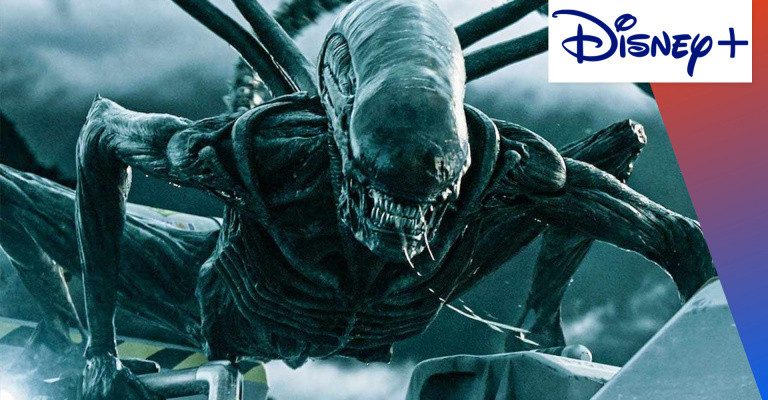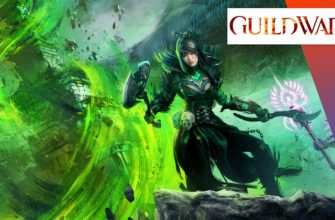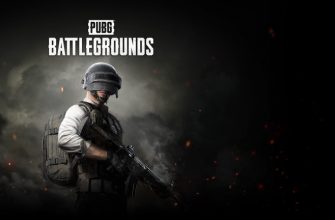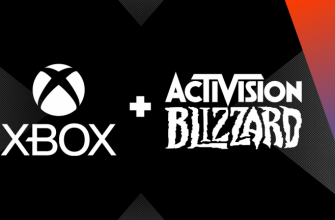Directed by Noah Hawley and produced by Ridley Scott, the series has already made a lot of talk, especially following the statements of Ridley Scott, who believed that the series could never have the impact of an Alien movie projected in theaters, and therefore it was necessary to approach it differently, and to rethink the use of the Xenomorph.
Quickly the fans learned that the series would take place on Earth, far from the spaceships and the atmospheric planets. The main idea was then to propose “the horror of the first film and the supercharged action of the second”. Recently, Noah Hawley, to whom we owe in particular Lucy in the sky and Fargo, spoke with our colleagues from Esquire magazine, evoking his thoughts and ideas for the upcoming series, whose broadcast, cast and number of episodes have not yet been disclosed. First of all, he approaches the subject through the prism of technological conflict, important in the films, but which should have a much more central place in the series:
It takes place on Earth, in the future. Right now, I’m describing it as a clash between Edison, Westinghouse, and Tesla. Someone is going to completely control the electricity. We just don’t know who … In the movies we have the Weyland-Yutani Corporation, which is also developing artificial intelligence, but what if there were other companies trying to come together of immortality in a different way, with cyborg-type improvements or transhumanism? Which of these technologies would win?
One way to tell us that the xenomorphs will not be central in the plot of the series? It is possible, even if we imagine that the threat posed by the extraterrestrial may resurface at one point or another. In the meantime, bringing the action back to our planet seems like a way to put humanity back at the heart of the matter, and to explore other themes of the universe born in 1979:
Alien is a compelling story, because it’s not just a monster movie, it’s about how we’re trapped by our primary instincts and the artificial intelligence of the future, which are both trying to kill us. As Sigourney Weaver says in the second movie, “I don’t know which species is the worst. But at least they wouldn’t fuck together for the world.” Even though the show was 60% of the best horror action in the universe, there is still 40% left that we ask ourselves, “What are the people behind this?” Thematically, it must be interesting.
In other words, it seems that the Alien series is thought of in a very complementary way to what the license already offers, by extending the lore born of films, adaptations or even the various published works. An approach that may confuse fans of HG Giger’s creature, but which also indicates that the series is thought to be part of a whole, and that fan service will not suffice. In any case, and even if the project is progressing “slowly but surely”, we will have to be patient to find out more.









